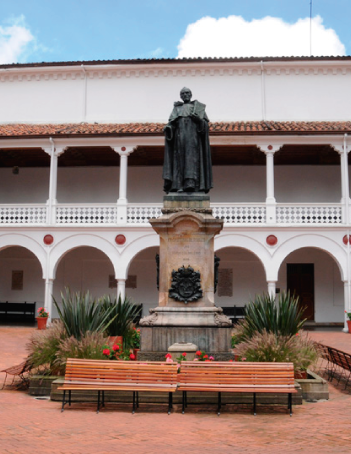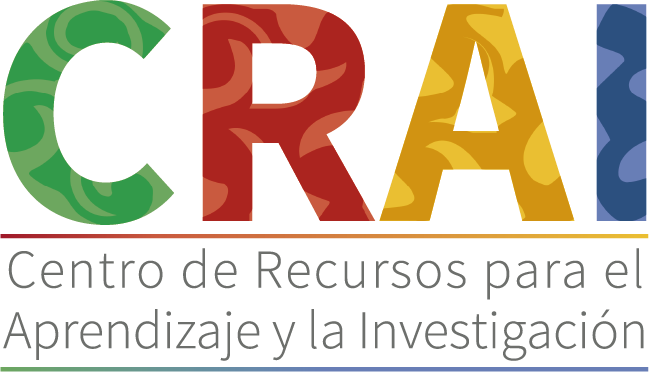Incluye referencias bibliográficas e índices
African cities and violent conflict: the urban dimension of conflict and post conflict dynamics in Central and Eastern Africa -- Wartime speculation: property markets and institutional change in eastern Congo’s urban centers -- Urbanizing Kitchanga: spatial trajectories of the politics of refuge in North Kivu, Eastern Congo -- Agency, social space and conflict-urbanism in eastern Congo -- The politics of everyday policing in Goma: the case of the Anti-gang -- Autochthony and insecure land tenure: the spatiality of ethnicized hybridity in the periphery of post-conflict Bukavu, DRC -- From rural rebellion to urban uprising? A socio-spatial perspective on Bujumbura’s conflict history -- Small towns and rural growth centers as strategic spaces of control in Rwanda’s post-conflict trajectory -- Humanitarian urbanism in a post-conflict aid town: aid agencies and urbanization in Gulu, Northern Uganda -- Planning amidst precarity: utopian imaginings in South Sudan -- Hybrid security governance, post-election violence and the legitimacy of community-based armed groups in urban Kenya.
Urban centres are at the heart of the dynamics of war and peace, of stability and violence: as ‘safe havens’ for those seeking protection, as concentrations of public administrative and military apparatus, and as symbolic bases of state sovereignty and public authority. Heavy fighting in South Sudan’s capital city of Juba, post electoral protests and brutal killings in Bujumbura, Burundi, and violent urban uprisings in Congo’s cities of Goma and Kinshasa, all demonstrate that cities represent critical arenas in African conflict and post-conflict dynamics

Escuela de administración
Facultad de Jurisprudencia
Facultad de Ciencias
Escuela de Ciencias
Escuela de Medicina
Facultad de Economía
Facultad de Estudios
Facultad de Creación
Escuela de Ingeniería,
Otras Ofertas
 Historia y símbolos
Historia y símbolos
 Enfoque estratégico
Enfoque estratégico
 Gobierno universitario
Gobierno universitario
 Playbok - Nuestros pilares de transformación
Playbok - Nuestros pilares de transformación
 Protocolo de seguridad
Protocolo de seguridad
 Archivo histórico
Archivo histórico
 Portafolio de becas, descuentos y apoyo financiero
Portafolio de becas, descuentos y apoyo financiero
 Casa UR
Casa UR






 Proyección social
Proyección social Filantropía
Filantropía Hagámoslo posible
Hagámoslo posible

 Libro
Libro







